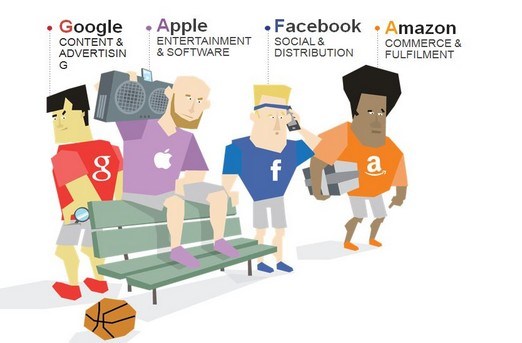Website & Digital Platform

Profitable and non-profitable organizations have observed for several years helpless the fantastic growth of native digital giants and unicorns who have built their business model on a technology platform. They have now all understood the power of such as model and started to build their own Digital Platform that will become their new business model and accelerate the reach of new markets for global reach and expansion.
So what is a platform?
A platform is a plug-and-play business model that allows multiple participants to connect to it, interact with each other and create and exchange value with or without monitory motive.

How would you define a Digital Platform?

A Digital platform is a set of tools built on modern technology that makes the development and the use of applications easy. It is, however, not a product in itself. The services, applications, and solutions on the platform are the products that you as a customer will interact.
Some of well-known digital platform –
- Google search engine: "advertising" business model.
- Social platforms: Facebook, Twitter, Instagram, LinkedIn – "advertising" business model.
- Market places: Amazon market place, shopping engines: "ecommerce" business model.
- Affiliate platforms: Commision Junction … – "earn as you perform" business model.
- Infrastructure platforms (IaaS): AWS, Azure – "pay as you go" business model
- Application stores: Apple/Google Play – "digital good" business model.
What are the benefits of a Digital Platform?
- Fast global reach
- Quick and easy application development
- Generate revenue
- Reduce costs
- Foster collaboration and innovation for new products and services
- Gain speed to put products on the targeted markets.

Does my company need a digital platform?

Everything is being digitalized, and no matter what line of business you’re in, your company needs digital competency to maintain its competitive advantage. Digital transformation is a necessity, not an option, and using a digital platform is your best guarantee of a smooth transformation.
The digital platform strategy will vary from company to company depending on their internal workflow strategy. Some companies will develop a platform business model that encompasses providers, consumers, and employees to create or exchange goods, services, and social interaction while some integrate with other organizations’ digital platforms. Regardless of the setup, the platform strategy must be able to integrate business and IT needs and establish a collective leadership vision. Companies must decide what makes sense for their organization and long-term business goals.